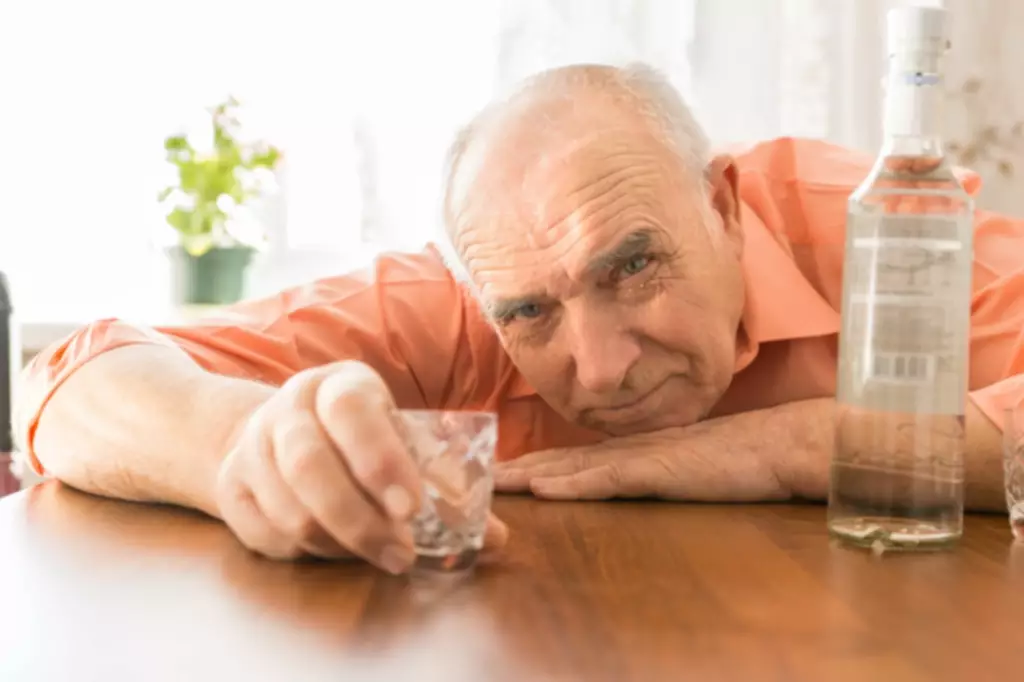Content
Moderate drinking is not a cause of concern for most adults. But when increased drinking, problem drinking, alcohol dependence, and addiction have manifested in a person, it’s time to seek help to be contained does alcohol make depression worse and treated. The government advises that both men and women should not regularly drink more than 14 units a week. This is the equivalent of six pints of average-strength beer or six medium glasses of wine.
“It helps to learn that you are not alone, that other families also have issues and to encourage loved ones to stay in treatment,” Dr. Anand says. Addiction is a chronic, treatable brain disease, not the character flaw many people believe it to be, he stresses. “Over half of those who develop a substance abuse disorder may be genetically vulnerable,” says Dr. Anand.
Marines More Likely To Binge Drink, Have Riskier Sex (Report)
You can, however, take steps to lower your chances of emotional side effects when drinking. Taking some time for productive relaxation can also help ease feelings of depression. Bad sleep can easily affect your mood the next day, since exhaustion and lingering physical symptoms can make it tough to concentrate.
- It can even exacerbate symptoms of pre-existing depression or anxiety.
- But when you need that cocktail every time a problem crops up, it could be a sign of alcohol use disorder.
- It’s not uncommon to use alcohol to cope with difficult feelings and experiences.
- Depression can cause a person to turn to alcohol, and alcohol abuse can cause a person to become depressed.
You might feel depressed after drinking because alcohol itself is a depressant. While alcohol use can directly trigger feelings of depression, it can also contribute to symptoms in more indirect ways. It’s not uncommon to use alcohol to cope with difficult feelings and experiences.
National Collaborating Centre for Mental Health
Those struggling with alcoholism and depression are at greater risk of attempting and committing suicide. Alcohol abusers are also more likely to engage in reckless behavior and impulsive acts. Dealing with physical health problems, debt and housing issues can all affect your mental health. But if you’re suffering from depression, think again before reaching for a drink. Maybe you’re downing a few beers after a stressful week at work or after a heart-wrenching break up. You think a few drinks will relax you and make you feel good.
When a person grieves, it is uncommon that they feel worthless. However, when diagnosing depression, low self-esteem, and feelings of worthlessness, are very common indicators of depression. Despite what most people might think or feel, alcohol makes symptoms of depression worse.
How To Help Someone Trying To Overcome an Addiction
It can be tempting to drink if you’re feeling unhappy, but there’s a better solution out there. In some cases, you may receive a dual diagnosis of a major depressive disorder (MDD) and an alcohol use disorder (AUD). This co-occurring disorder isn’t uncommon, but it can be difficult to treat. This article outlines the connection between alcohol and depression, how the two disorders align, identifies treatment options, and ways to cope. In the long-term, alcohol uses up and reduces the number of neurotransmitters in our brains, but we need a certain level to ward off anxiety and depression. This can make you want to drink more to relieve these difficult feelings – which can start a cycle of dependence.
When that happens, you’re more likely to feel down, particularly if your genes are wired for depression. That means any amount you drink can make you more likely to get the blues. It can get worse over time, especially when combined with regular or heavy alcohol use. According to the National Institute on Alcohol Abuse and Alcoholism, moderate drinking means one drink per day for women and two drinks per day for men. Spending time in nature can also have health benefits, including improving your mood. If the sun is out, that’s even better — sunshine can trigger the release of serotonin, which can help relieve depression.
Be sure to spread those drinks out evenly over the week and have drink-free days in between. If you binge drink alcohol, your depression and anxiety may also worsen. Research has linked the development of depression symptoms in adolescents to regular or heavy alcohol use.
Common issues are relationship
problems, unemployment, divorce, bereavement or some other loss. After a few alcohol-free weeks, you will probably feel fitter and brighter in your mood. If your feelings of depression do lift, it’s likely that they were caused by the drinking.
If you’re also struggling with depression, having experienced peers or a trusted professional to talk to can make a big difference. A therapist or recovery coach can help you learn new ways of managing cravings and difficult emotions, while joining a group can make you feel less isolated. Aside from medication, most people struggling with both alcohol and depression benefit from some type of therapy or behavioral health support. This can mean joining a support group, such as Alcoholics Anonymous or SMART Recovery. It can also mean finding a personal therapist, or a recovery coach. The National Alliance on Mental Illness (NAMI) offers education and support for patients and families affected by mental health disorders.

At first, alcohol produces euphoria and excitement, but such feelings are short-lived. Alcohol is a depressant that affects the central nervous system (CNS) https://ecosoberhouse.com/ and the brain’s functionality. Studies suggest drinking often and heavily can increase your risk of developing a major depressive disorder (MDD).


